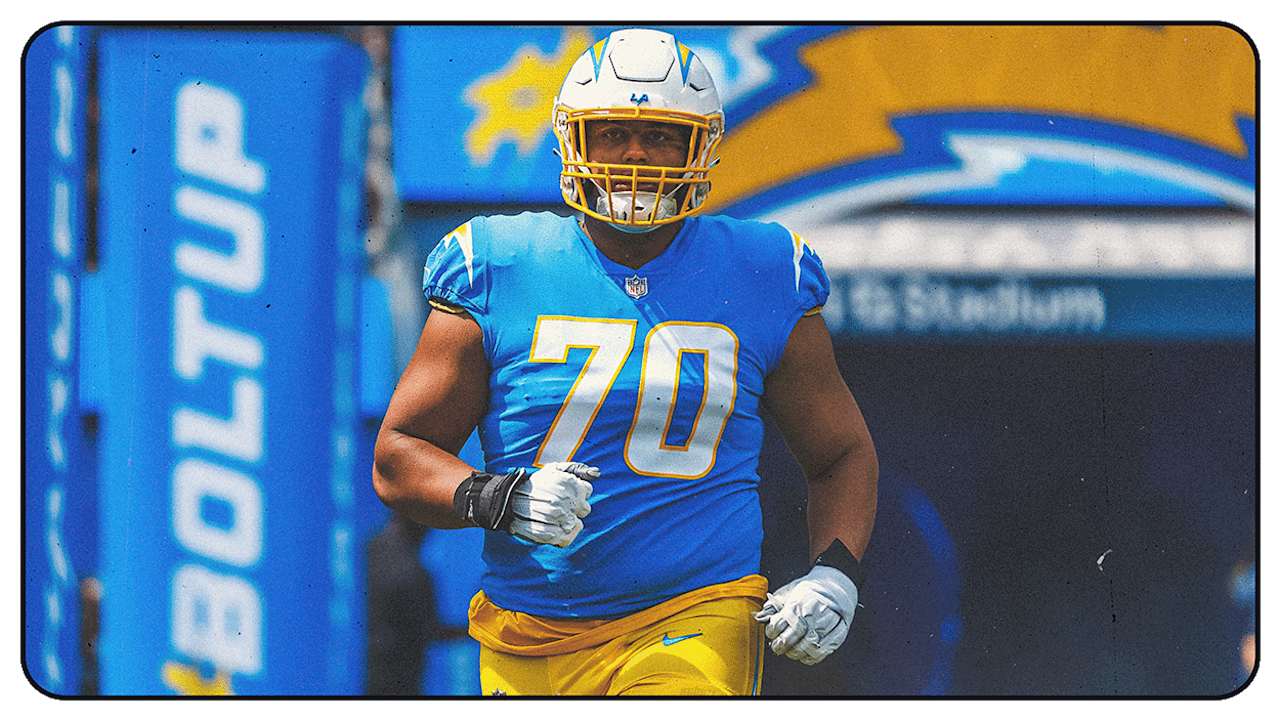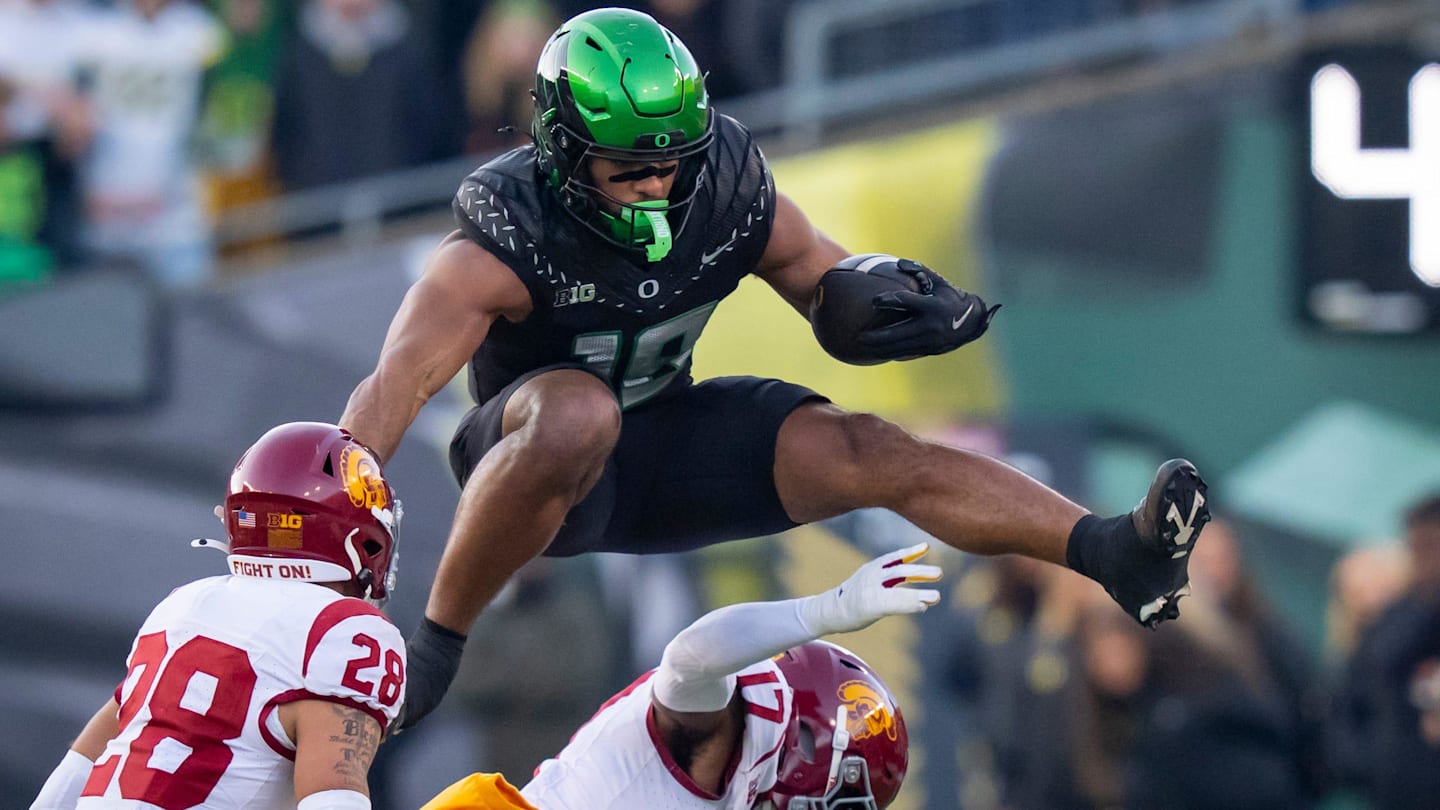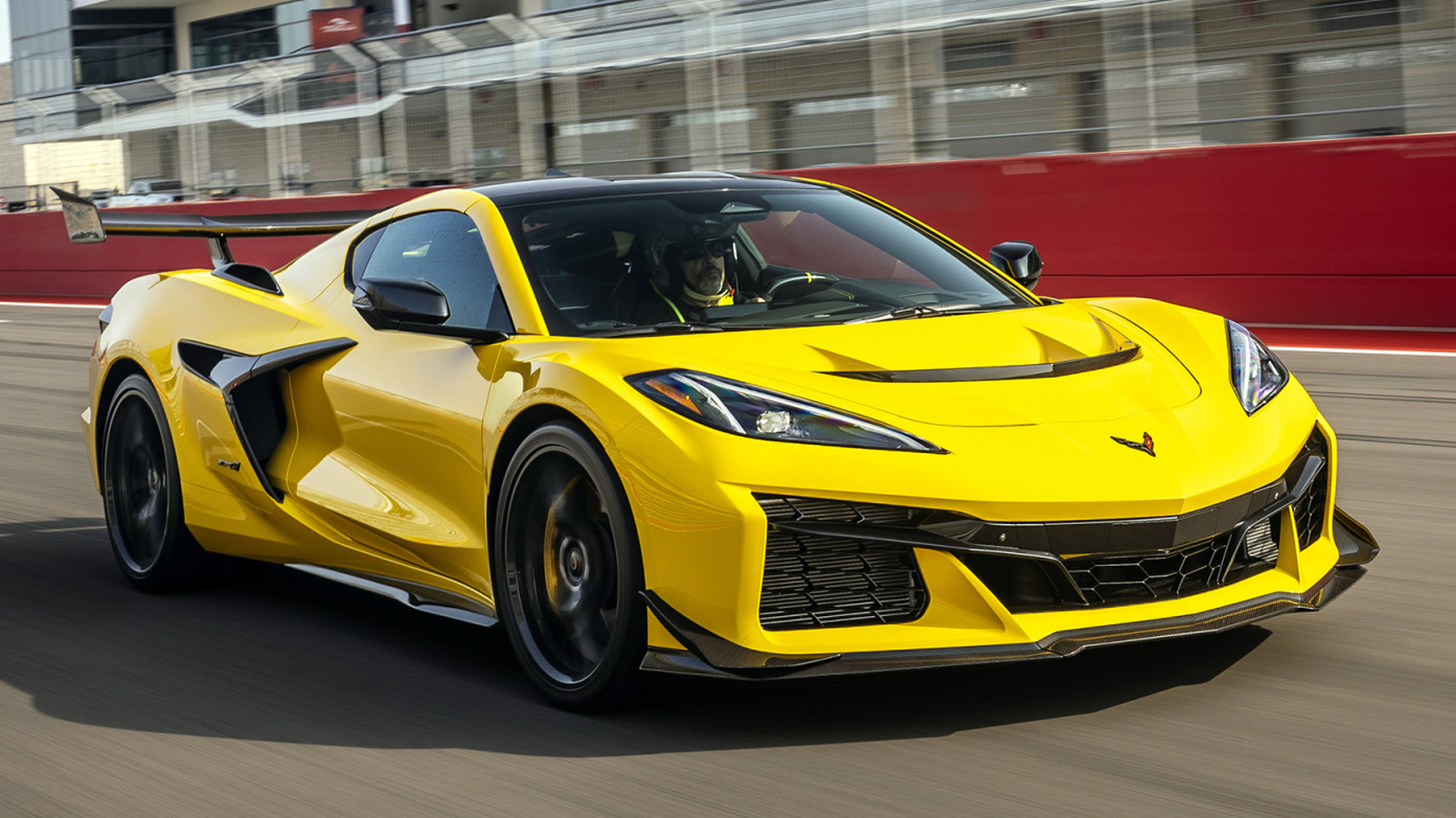Unexpected Turn of Events

Introduction
Thursday night's game between the Colts and Ravens was supposed to be a big moment for quarterback Anthony Richardson. He was scheduled to play most of the first half, but things quickly took a turn for the unexpected.
Unexpected Turn of Events
On the Colts' second offensive possession, Richardson was tackled by a Ravens defender and immediately knew something was wrong. "I looked down and saw my finger in a different direction," Richardson later explained. It was a dislocated finger, and he was forced to leave the game. This was not the plan for Richardson, who was hoping to make a strong impression in his limited playing time.
The Next Man Up
With Richardson out, backup quarterback Jacob Eason stepped in and played the rest of the first half. Despite the unexpected change, Eason held his own and completed 15 of 21 passes for 183 yards and a touchdown. This just goes to show the importance of having a strong backup quarterback in the NFL.
The Impact
Although Richardson's injury may have been a setback, it also proved the team's depth and resilience. Eason's performance showed that the Colts have a reliable backup if needed. As for Richardson, he will have to bounce back and make the most of his next opportunity to prove himself on the field. The unexpected turn of events
About the Organizations Mentioned
NFL
## Overview of the NFL The National Football League (NFL) is the preeminent professional American football organization in the United States, renowned for its massive influence on sports, entertainment, and business. With 32 teams divided between the American Football Conference (AFC) and National Football Conference (NFC), the NFL organizes a 17-game regular season culminating in a single-elimination playoff and the Super Bowl—the most-watched annual sporting event in the U.S.[2] ## History and Evolution Founded in 1920 as the American Professional Football Association (APFA) in Canton, Ohio, the league initially comprised teams primarily from the Midwest and Northeast[1][3]. It was renamed the National Football League in 1922 and faced early instability, surviving competition from rival leagues such as the All-America Football Conference (AAFC) and multiple iterations of the American Football League (AFL)[2]. By the 1950s, the NFL had established a monopoly on professional football in the U.S., with only the Canadian Football League (CFL) operating independently in Canada[2]. The most significant development in NFL history was the 1966 merger agreement with the AFL, which led to a common draft and the creation of the Super Bowl as a championship game between the two league champions[1][2]. The leagues fully merged in 1970, reorganizing into the AFC and NFC and cementing the NFL’s dominance in American professional sports[1][2]. ## Key Achievements and Innovations The NFL pioneered lucrative television contracts, transforming football into a national pastime and a major media event. The league’s adoption of revenue-sharing and salary caps fostered competitive balance, helping small-market teams remain viable[2]. The NFL has also been a leader in sports technology, implementing instant replay, advanced player tracking, and digital platforms for fan engagement. Notable achievements include the expansion to 32 teams, the internationalization of the game through game
Colts
Colt Technology Services is a multinational telecommunications and digital infrastructure company headquartered in London, UK, providing advanced network and communications services across Europe, Asia, and North America. Founded in 1992 as City Of London Telecommunications, Colt initially built a telecom network in London and expanded throughout major European cities. It was publicly listed on the London Stock Exchange in 1996 and later acquired by Fidelity Investments in 2015. Colt’s network, known as the Colt IQ Network, delivers scalable connectivity solutions tailored to information-intensive businesses, enabling digital transformation and access to emerging markets[1][2][5]. Over its history, Colt has strategically grown through acquisitions such as MarketPrizm in 2011, ThinkGrid in 2012, and KVH in Japan in 2014, broadening its technological capabilities and geographic footprint. In 2022, Colt agreed to acquire Lumen Technologies’ business in EMEA for $1.8 billion, reflecting its ongoing expansion and ambition to lead in global digital infrastructure[2]. The company emphasizes exceptional customer experience, sustainability, and innovation, integrating a partner ecosystem and committing to net-zero environmental targets[1][6]. Notable aspects of Colt include its strong focus on co-creation with customers and partners, fostering trust, integrity, and collaboration. The company also prioritizes sustainability, reporting on environmental, social, and governance (ESG) goals and embedding these into its operations[1][6]. However, Colt faced a significant cybersecurity incident in August 2025, where attackers accessed customer data, highlighting challenges in securing global telecom networks[2]. Overall, Colt stands out as a global digital infrastructure leader, combining network technology, sustainability, and customer-centric innovation to empower businesses navigating an increasingly connected world[1][2][6]. Its evolution from a London-focused telecom startup to a multinational with a world-class network illustrates its key achievements and ongoing relevance in business and technology sectors.
Ravens
The Baltimore Ravens are a professional American football team based in Baltimore, Maryland, and compete in the National Football League (NFL) as part of the American Football Conference (AFC) North division. Established in 1996, the team's name was inspired by Edgar Allan Poe's famous poem "The Raven," which ties deeply into the city's literary heritage[1][5]. ## History and Achievements The Ravens have a notable history, marked by two Super Bowl victories in 2000 and 2013. Their inaugural season in 1996 ended with a 4-12 record, but under the leadership of coaches like Brian Billick, they improved significantly, culminating in their first Super Bowl win in 2000[1][5]. The team plays its home games at M&T Bank Stadium, which has been their venue since 1998[1]. ## Current Status Currently, the Ravens are ranked fourth in the AFC North division[3]. The team is owned by Steve Bisciotti, who acquired a majority stake in 2004. The organization is headquartered in Owings Mills and employs between 201 and 500 people[2]. In terms of player experience, the Ravens are recognized for providing a solid workplace environment, though players have suggested improvements in facilities and family communication[4]. ## Notable Aspects The Ravens are known for their strong defensive performances, particularly in their early years. They have a dedicated fan base and contribute to the local community through various initiatives. The team's operations are supported by a well-structured front office and coaching staff[7]. While not directly involved in business or technology, the Ravens' management and operations reflect organizational principles that can be applied across industries, emphasizing leadership, teamwork, and strategic planning.



















